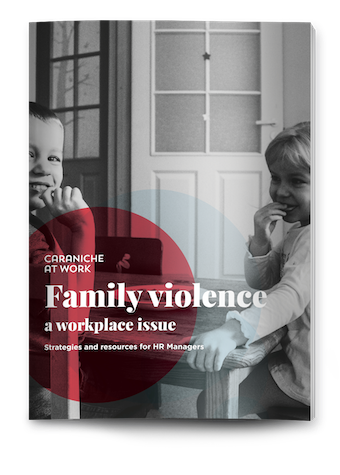
Vicarious Trauma (VT) is the negative impact on a helper as a result of engaging with trauma information, such as reading, hearing, and learning about traumatic situations directly or indirectly.
Repeated exposure to traumatic material can cause a shift in the way that helpers perceive themselves, others and the world, and includes disruptions to their identity, memory and belief systems.
VT can be viewed as an occupational hazard of those who help people who have experienced trauma. People working in health and welfare sector often effected by VT, but it can also impact many other occupations.
VT is also known as Secondary Traumatic Stress or Compassion Fatigue.
Symptoms can include:
Awareness: Be attuned to your needs, limits, emotions and resources.
Balance: Seek balance among life activities and within yourself.
Connection: To yourself, to others and to something larger.
Self-Care: Find balance, reconnect with your body (e.g. exercise, dance, massage), set limits, practice healthy habits (e.g. sleep and eat well), make connection a priority.
Self-nurturance: Seek gentleness, focus on pleasure and comfort, relax, play, laugh, and love.
Escape: Get away from your work, engage in fantasy, and get away from painful feelings.
Seek help: From support networks, supervisors, or your EAP.
If you would like to address your own experience of VT, or learn more about supporting others who have experienced VT, our EAP clinicians can help.
To make an EAP appointment, contact our team (24 hours, 7 days a week) or make an online booking.

Many of the new tech based EAPs have been making inaccurate claims about traditional EAPs as part of their marketing and promotion.
Read more
Moral injury in the workplace can negatively impact our psychological wellbeing and mental health. Here’s why it matters.
Read more
When choosing how to cultivate wellness in the workplace, it’s never been more important to take an organisation-wide approach. Here’s why.
Read more
Australian workplaces are waking up to the impact of family violence. Caraniche at Work has developed a free report for HR Managers who want to take the lead.